Shelf Awareness recently spoke at length with Oren Teicher, whose 30-year tenure with the American Booksellers Association ended November 1 and who is slowly getting used to a new, less-consuming life (although, he says, "I hardly miss those 5 a.m. trips to LGA to catch an early flight somewhere"). He's been helping in the transition with Allison Hill, who becomes CEO March 1, and says, "ABA is in excellent hands." He calls his retirement "the right decision for me and for the ABA. There is a shelf life associated with my kind of job." Still, he adds, "I loved every day that I worked for ABA and simply cannot imagine my life without some ongoing connection. Who knows--maybe by next Christmas I'll be working at my own store!" For the many of us who are exceedingly appreciative of all he did at the ABA, be sure not to miss the tribute to Teicher at Winter Institute next Tuesday night at 10 p.m.
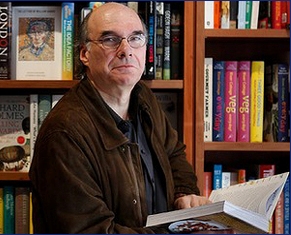 Oren Teicher is characteristically generous--and a bit modest, especially for someone who has achieved so much for independent bookselling--in recounting some of the many accomplishments of the ABA, particularly during the past decade when he was CEO.
Oren Teicher is characteristically generous--and a bit modest, especially for someone who has achieved so much for independent bookselling--in recounting some of the many accomplishments of the ABA, particularly during the past decade when he was CEO.
"I've been incredibly fortunate to have been CEO when things have gotten a lot better for independent booksellers," he says. He thanks the association's volunteer leadership on the board and its presidents. ("They've been nothing short of extraordinary.") He thanks the ABA staff, for whom their work is "so much more than a job... their passion, dedication, creativity and resourcefulness has been pretty remarkable." He praises booksellers ("Most new owners today are businesspeople," in addition to being passionate about books, "and are far better prepared for how to deal with business in the 21st century"). And he thanks publishers, who have come to realize that although indie bookstores represent "a relatively small piece of the overall business... that small piece drives the market" and thus have been partnering more with bookstores to help grow the business.
But, of course, the ABA that he led for the last decade has been a key part of the resurgence of independent bookstores. "I like to think a lot of we did at the ABA contributed to that," Teicher says. For sure! He points to the decision some 15 years ago by the ABA board to focus on education to create "better-trained and prepared booksellers" as an "extraordinarily important" decision. The association implemented the new priority with all kinds of educational panels and programs, forums, "bookseller boot camps" and, perhaps most important, the wildly popular and successful Winter Institute. Now he says, "We have a lot more resources for new owners and staff to operate their stores. I'm particularly proud of the results."
The ABA has also been involved in other areas that have contributed to the indie resurgence. One is the growth of the localism movement, which the association promoted and participated in. "Clearly it has worked to our advantage," Teicher observes.
He also highlights the role of technology in helping indie booksellers, another thing the ABA has promoted in a variety of ways. "Tech changed both by becoming less expensive and more accessible for smaller businesses to use," and indie booksellers have "embraced technology," he says. "It's not the enemy. They've learned to make it work for them," from using it for point-of-sale and inventory to payroll management to communicating with customers via e-mail and social media.
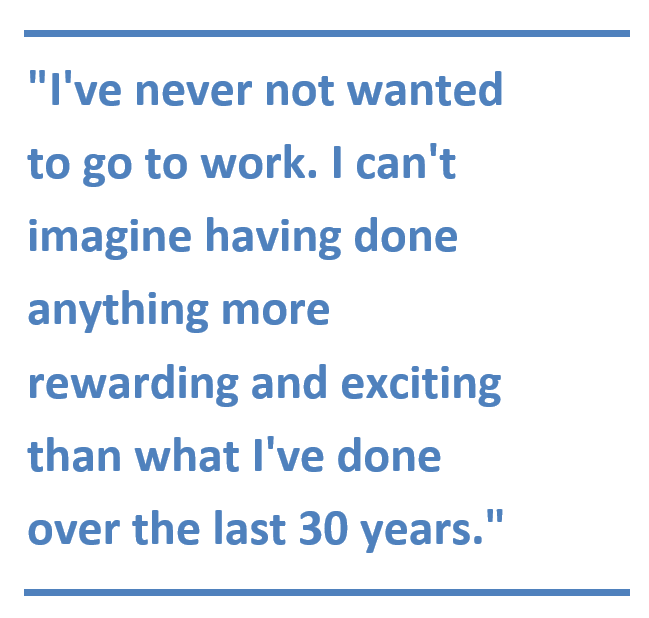 As for publishers, Teicher describes the "adversarial role" of the past as "what the times called for," but "having been through that, developing a more cooperative and less adversarial relationship has served us and publishers well."
As for publishers, Teicher describes the "adversarial role" of the past as "what the times called for," but "having been through that, developing a more cooperative and less adversarial relationship has served us and publishers well."
He emphasizes that decades ago, the ABA told publishers that it was "not looking for handouts or charity but rather way in which we could build and grow the business together. We said, 'Help not because we're nice people but because we can sell more books.' " And happily, he emphasizes, "we've proved it," with more than a decade of sales data that show how many units indies sell every week. He adds that besides offering "an early warning system" for fast-selling titles, indies "tend to sell a lot of titles others can't"--and they are often more profitable titles for publishers. Just two examples of books that "indies helped make" are Water for Elephants by Sara Gruen and All the Light We Cannot See by Anthony Doerr.
There's "a lot more" publishers can do to support indie booksellers, Teicher continues, but "definitely a healthier dialogue exists today."
He's also particularly proud of the ABA's accomplishments in fighting for a level playing field vis-à-vis Amazon. That's included spearheading the effort to require Amazon to collect state sales taxes, which it does on its own sales ("it was pretty lonely at times"), as well as working with others to involve the Department of Justice, the Federal Trade Commission and the European Union to recognize that "the concentration of power in the hands of one company is not good for competition and ultimately not good for consumers." He has no idea, he says, what the remedy will be, but Amazon will be under increasing scrutiny in the future because "the whole landscape of antitrust enforcement is about to change."
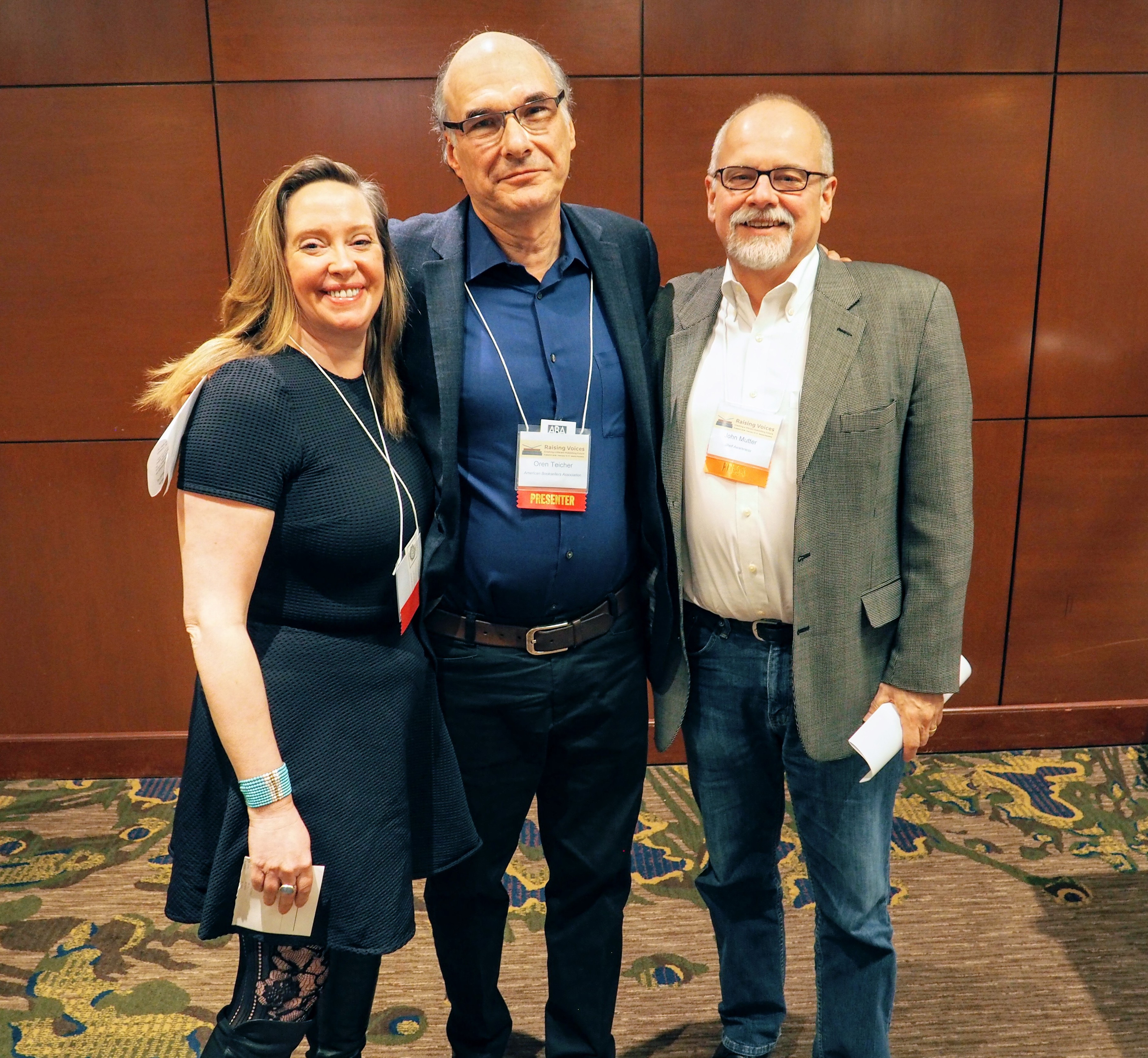 |
| Teicher with Shelf Awareness's Jenn Risko and John Mutter |
Of course, "despite the good news there remain some fundamental challenges in the business," Teicher continues. Among those challenges is a business model in which the suggested retail price is printed on the product. "What other business does that exist in?" he asks. Every other business can pass higher costs such as increased minimum wages on to customers simply by raising the price. "The book business will have to take a close look at the pricing model."
In general, profitability levels at bookstores is a problem at many stores. "The good news is that a lot of stores are making a good living for the owner, can pay employees well and make extraordinary contributions to the community," he says. "The troubling news is that a lot of stores are on edge."
Another challenge involves business cycles. Despite "a number of years of growth and success, it's disingenuous to think the business isn't cyclical," Teicher says. "It can't grow indefinitely forever. In the normal ebb and flow of business, in the next few years there's likely to be an ebb." Thankfully, he stresses, most ABA members are "far stronger than 15 years ago," just before the financial crisis and resulting recession. "They're better businesspeople and paying a lot more attention to the business than to just the books so it's highly unlikely that an economic tsunami will wipe out a lot of stores."
Another challenge is that 2020 is a national election year, and "historically indie bookselling has had slightly off seasons at such times because a lot of our members' best customers pay attention to politics." And this year, he notes dryly, "it's almost inevitable that there'll be a heightened interest in politics."
Competition for people's leisure time is another major challenge now that most people, through their smart phones alone, have "instant access to every form of entertainment and information under the sun." A major challenge for booksellers and the book business is making "reading fun, interesting, challenging and compelling." One hopeful sign, Teicher says: data shows that millennials and Generation Xers "look to books and reading as an antidote" to an otherwise all-encompassing digital life. "There's nothing like getting caught up in a book that will take you wherever you want to go for hours," he says.
In his 30 years at the ABA, Teicher adds, "we've faced so many potential tsunamis." The malling of America hit its height in the 1970s, and there was a Walden and Dalton in every one of the 1,500 enclosed malls. ("That's when I became involved and everyone wondered how we were ever going to compete," Teicher says.) Then came the rise of superstores and mass merchandisers, warehouse clubs, specialty stores, Amazon and e-books. "Every few years some new wave was going to wipe us out," he adds. "Some stores did close, but we're still here."
The latest threat--digital books--has abated. "There's a fundamental difference in the experience of a reader browsing bookstore and library shelves, picking up books, reading dust jackets, flipping pages that can't be replicated online."
Teicher emphasizes that "if there's anything I can point to with consistency, it's that everything changes. There's not an iota of doubt that in four or five years, at the center of a conversation like this will be something we don't know about now."
Still, he has "a lot of optimism," in part because the enthusiasm of young readers as well as the generational shift at many indies. "It's so encouraging."
And overall, Teicher is exceedingly grateful. "I've had an extraordinary career," he says. "I've never not wanted to go to work. I can't imagine having done anything more rewarding and exciting than what I've done over the last 30 years." He calls bookselling a special kind of business: "I never had to swallow what I did or said or think I wasn't doing what was right. In professional business lives, that's a pretty good place to be." --John Mutter










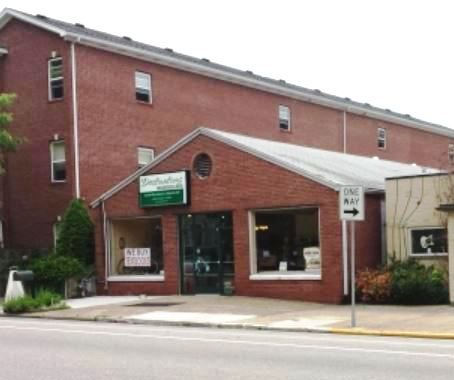

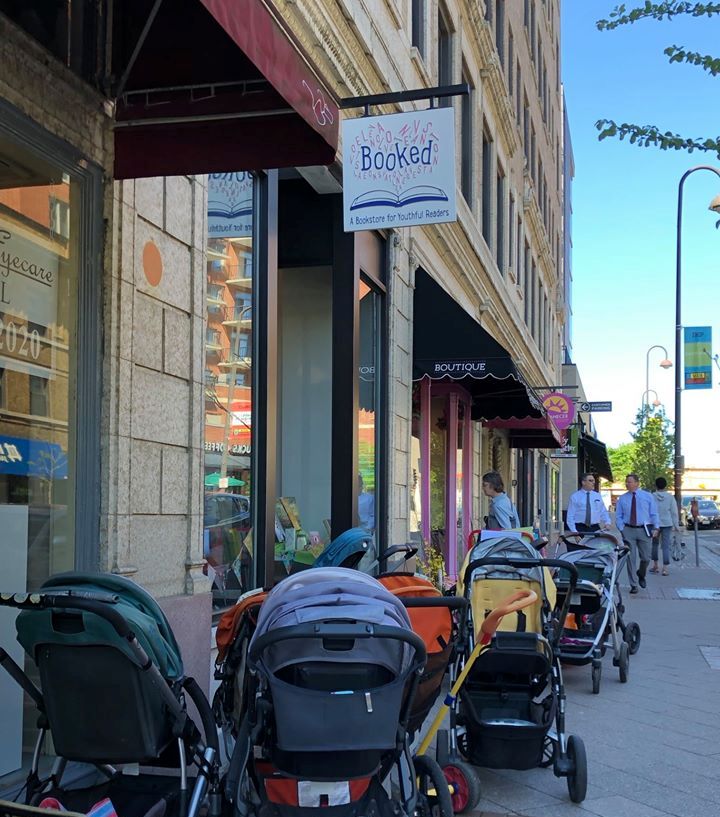 Booked
Booked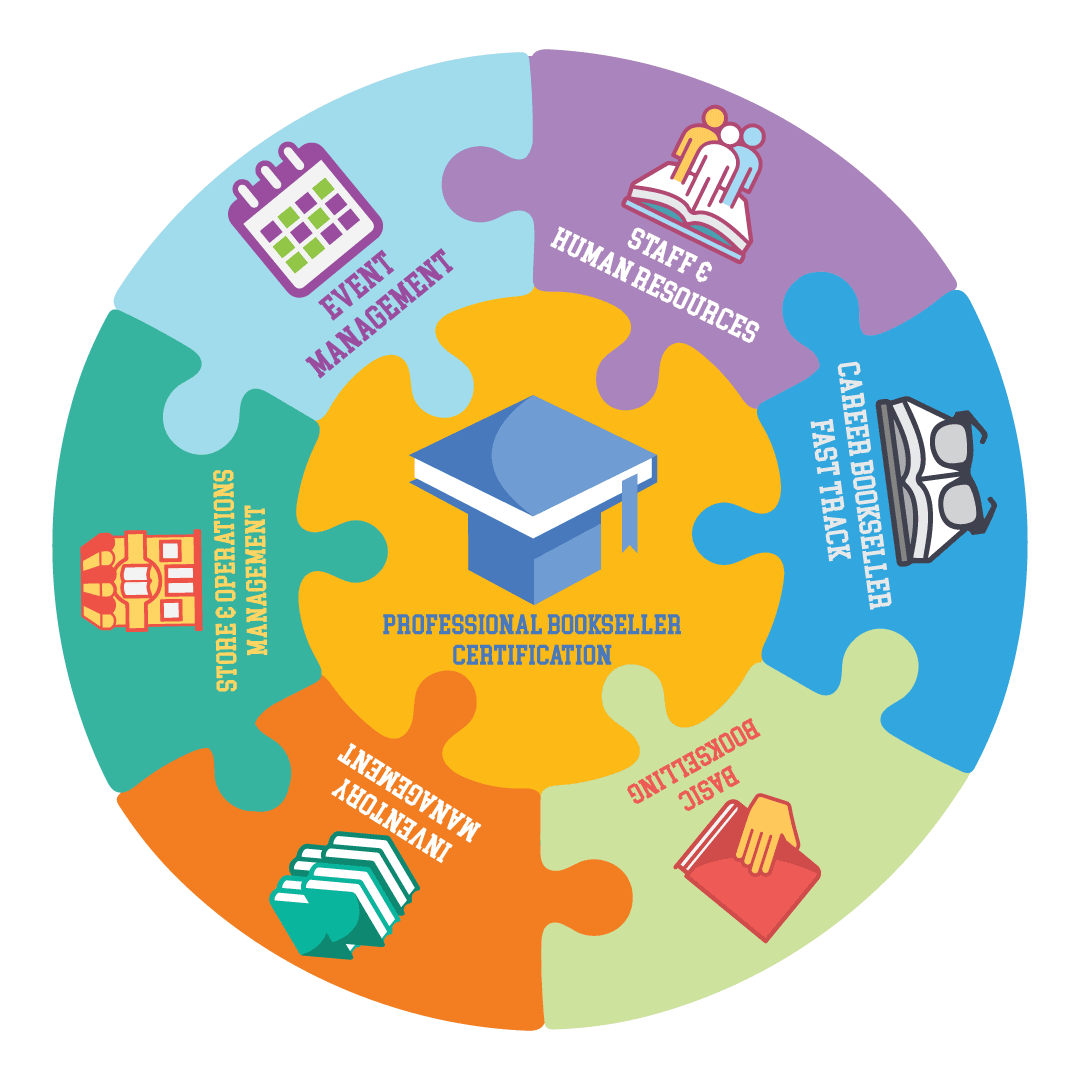
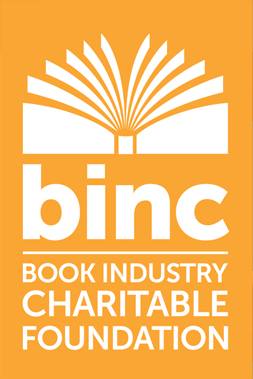 The
The 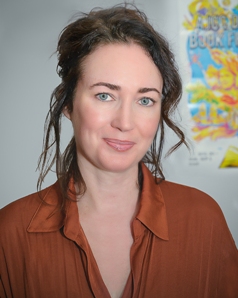
 Oren Teicher is characteristically generous--and a bit modest, especially for someone who has achieved so much for independent bookselling--in recounting some of the many accomplishments of the ABA, particularly during the past decade when he was CEO.
Oren Teicher is characteristically generous--and a bit modest, especially for someone who has achieved so much for independent bookselling--in recounting some of the many accomplishments of the ABA, particularly during the past decade when he was CEO. As for publishers, Teicher describes the "adversarial role" of the past as "what the times called for," but "having been through that, developing a more cooperative and less adversarial relationship has served us and publishers well."
As for publishers, Teicher describes the "adversarial role" of the past as "what the times called for," but "having been through that, developing a more cooperative and less adversarial relationship has served us and publishers well."
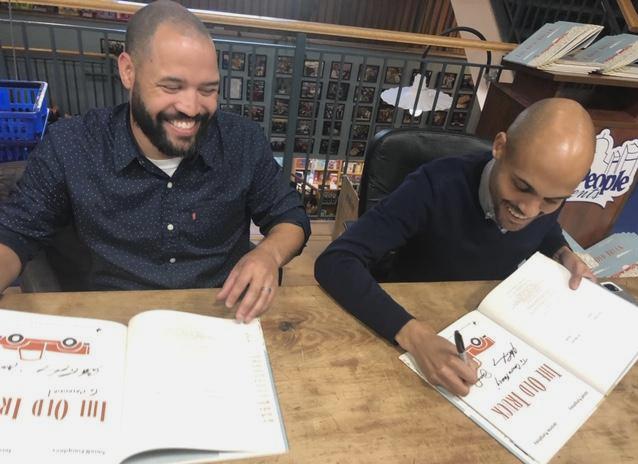
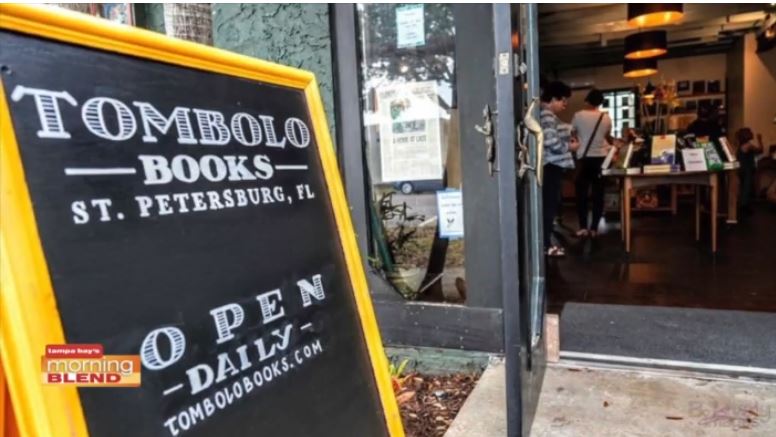
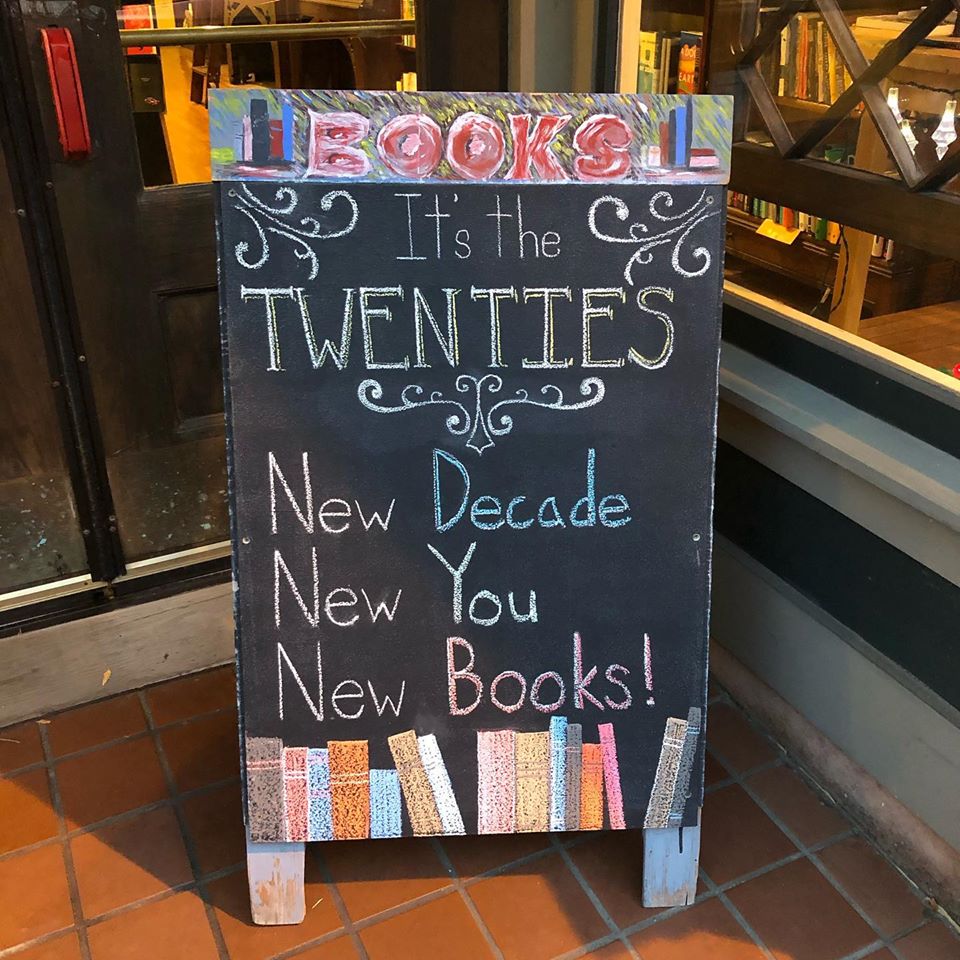 "How are you starting your reading year? We can help if you need support,"
"How are you starting your reading year? We can help if you need support," 
 What should have been a serendipitous event--a lavish birthday celebration for three generations in 1973--turns horrific, leaving 17 family and friends dead. Decades after the tragedy, The Aosawa Murders might be a closed case, but award-winning Japanese novelist Riku Onda has plenty more scintillating details to reveal. Onda's English debut is seamlessly translated by Alison Watts.
What should have been a serendipitous event--a lavish birthday celebration for three generations in 1973--turns horrific, leaving 17 family and friends dead. Decades after the tragedy, The Aosawa Murders might be a closed case, but award-winning Japanese novelist Riku Onda has plenty more scintillating details to reveal. Onda's English debut is seamlessly translated by Alison Watts.